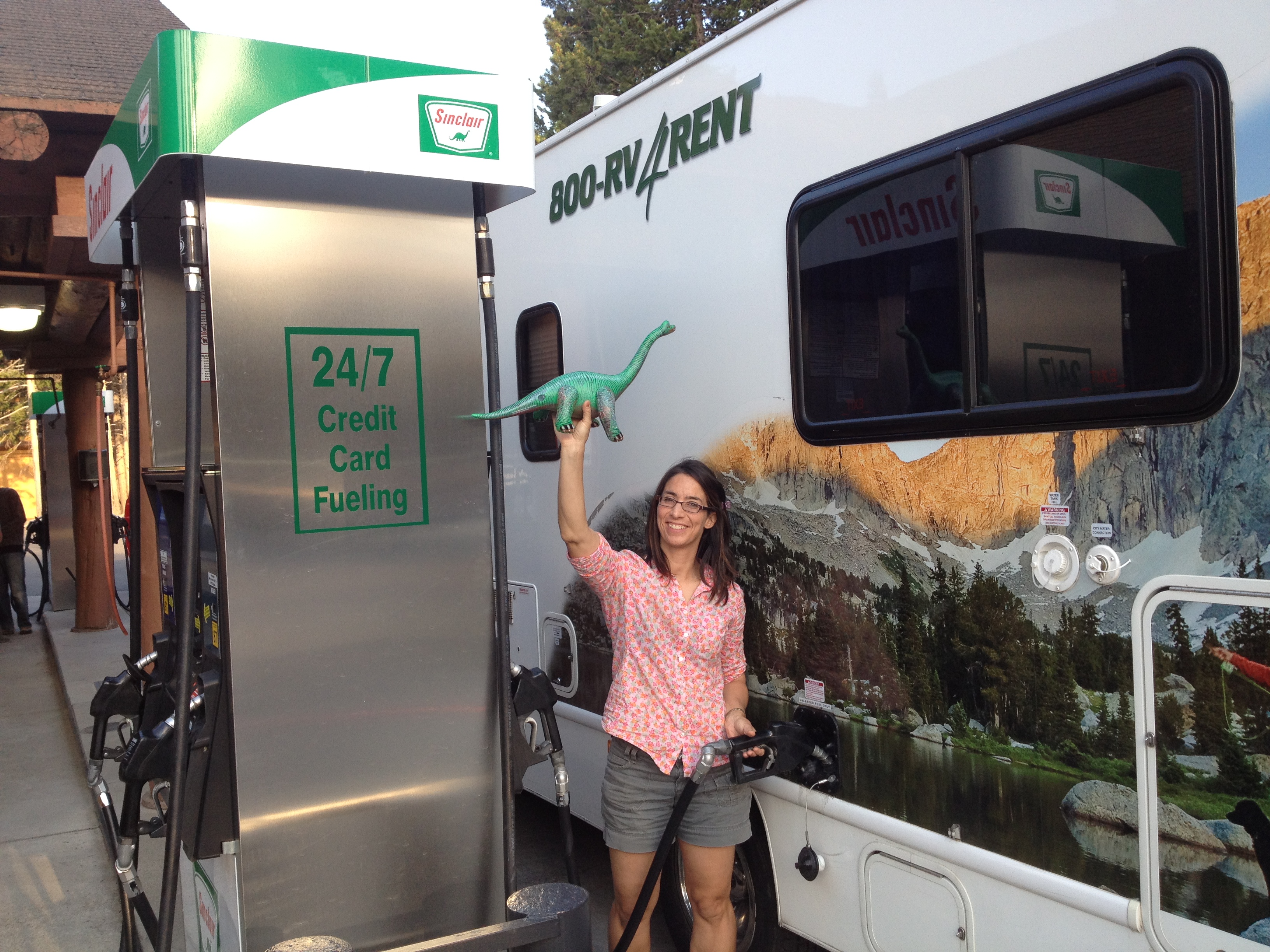Five Things On Software IP
Yesterday, I had the pleasure of speaking to a Duke class on Intellectual Property and Innovation: Law, Policy & Entrepreneurship. Thanks Ed for including me!
In addition to sharing my story and hawking GrepBeat, I reviewed five things that mattered when thinking about Intellectual Property (IP) for software startups. But, let me save you $60k/year in Duke tuition and give you the gist of it here:
1. Terms of Service
In the early days of Bronto and its predecessor DatabaseApp, we included a terms of service (TOS) page on our websites and on our order forms. This is important! Not only does it build creditability with customers but, many moons later, when hopefully you raise capital or are acquired, you will go through an extensive due diligence process. This process is about minimizing risk for the investor / acquirer. Having a TOS early on shows that you have your ducks in row and lessens the chance of strange claims on your IP from early customers. Your lawyer can simply draft a TOS for you. Or, if you are particularly cheap and scrappy, you can just copy the TOS from one of your larger competitors and change a few words. That’s what we did.
2. Proprietary Inventions Agreement
Future acquirers and investors want to avoid claims on the IP (and thus their ownership) that crawl out of the woodwork once the big money is announced. Early employees, particularly engineers, are the most likely sources of these claims — someone who could say, “oh yes, that code is partially mine because I borrowed it from the outside.” Be on top of it from the get-go. Have all employees and contractors sign a an agreement BEFORE they start working with you.
3. Due Diligence
Investors and acquirers will complete due diligence on your startup prior to completing the deal. For acquisitions, it’s about risk mitigation. The process is extensive. You will have to produce every customer contract and employee agreement from the beginning of time. If you have been around a while like Bronto, this can be difficult. So, be good at record keeping! At Colopy Ventures, like all investors who don’t share your same last name, we require due diligence for our investments. The larger the deal, the more extensive the due diligence.
4. Escrow
Escrow, as it relates to acquisitions, means the acquirer withholds money from the acquisition for many months or years to settle any odd claims that might pop up. In Bronto’s case, this wasn’t trivial. Twenty-percent of the acquisition price was held for 18 months. Nothing did pop up (whew!) Every acquirer looks at escrows differently. Keep your ducks in a row early on so that you can negotiate escrow terms for as little and as short as possible.
5. Trolls
Even when you do everything right, large acquisitions still bring out the trolls. We stumbled upon this, too. At the time of acquisition, Sinclair Oil sent us a Cease and Desist letter around use of a Brontosaurus in our logo. They claimed our logo was too similar to theirs. Judge for yourself. Of course, this was ridiculous because there are only so many ways to draw a Brontosaurus and we are in completely different industries. But, anyone can send letter. In the end, their claim went no where. Oracle did hold back escrow of a couple hundred thousands dollars for three years after the acquisition … just in case. And for Sinclair, they lost a gas-pumping customer for whenever I am RVing out West. Ha! I’m sure that they are still kicking themselves on that one.
Results May Vary
These are five things to think about as a software entrepreneur. IP applies differently to other industries. Fortunately, IP tends to be less relevant and simpler in the software space. In the end, the success of a software startup is all about execution.
My words aren’t enough? Take a look at the slides and see the presentation in pictures:
[googleapps domain=”docs” dir=”presentation/d/e/2PACX-1vRy1n9bKKdKKaIYx4IVWtEqg3OD0-vSZNVx1ONUIY4UQIxBNlsf62J33I1hXDTE-yWXpXaO1pTMCq_A/embed” query=”start=false&loop=false&delayms=3000″ width=”480″ height=”299″ /]

